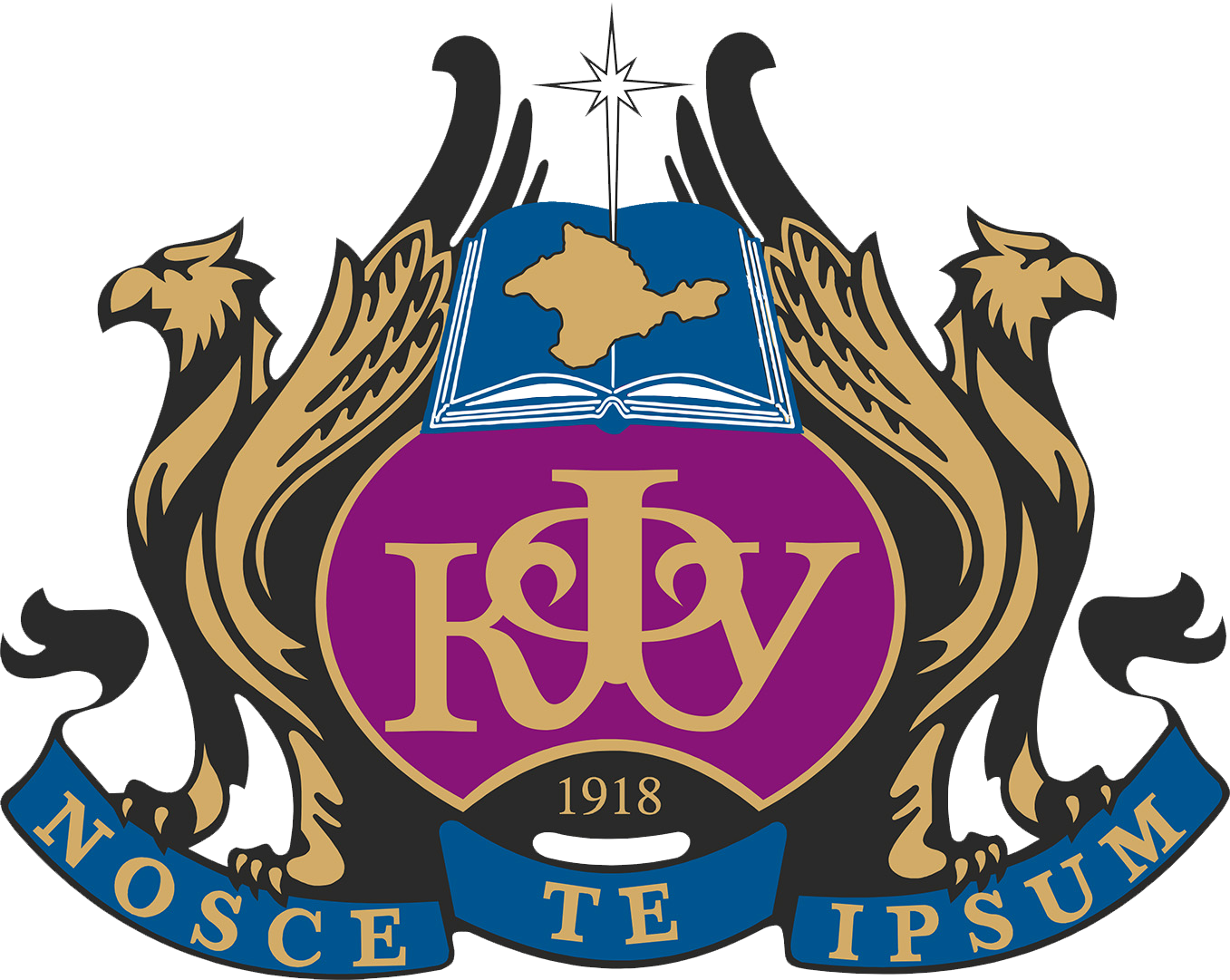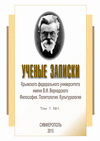Over the past few years, the landscape of the Russian state’s politics has changed radically. Foreign policy threats have affected both the national and sub-national levels, whose authorities have had to adapt to the new environment and develop new approaches to solving unprecedented problems. In this regard the problem of effective public administration of the region has become even more urgent, and the thesis that the effectiveness of governance depends on the development of the system of organisation of public authority in a particular subject is beyond doubt. There are many factors that contribute to the efficiency of public administration, but within the framework of this paper it is proposed to consider one of them, namely, the model of interaction between regional executive and legislative authorities, since at present the constitutional principle of separation of powers is designed to ensure the systemic nature of achieving the overall state goals. The author proposes to consider the consolidated model of interaction between regional executive and legislative authorities as a factor of effective regional governance, in which the actual power is concentrated within one body of state power. The subjects of the Russian Federation analysed are the Leningrad Oblast and the Republic of Tatarstan. These are two regions that for a long time have been recognised leaders by the criterion of regional public administration efficiency. Based on these cases the factors that contribute to the formation of a consolidated model of interaction between regional executive and legislative authorities are highlighted, and the relationship between the model of interaction between regional authorities and the effectiveness of public administration is analysed.
executive power, legislative power, region, efficiency, public administration, Leningrad Oblast, Republic of Tatarstan
1. Marks K., Engel's F. Soch., 2-e izd. t.3. – M., 1955. – 630 s.
2. Marks K., Engel's F. Soch., 2-e izd. t.4. – M., 1955. – 615 s.
3. Lebedev S.A. Filosofiya nauki: Slovar' osnovnyh terminov – M.: Akademicheskiy Proekt. 2004. – 316 s.
4. Popper K. Logika i rost nauchnogo znaniya. – M.: «Progress», 1983. – 605 s.
5. Lazarev F.V., Novoselov M.M. Materialisticheskaya dialektika kak obschaya teoriya razvitiya. – M.: «Nauka», 1982.





